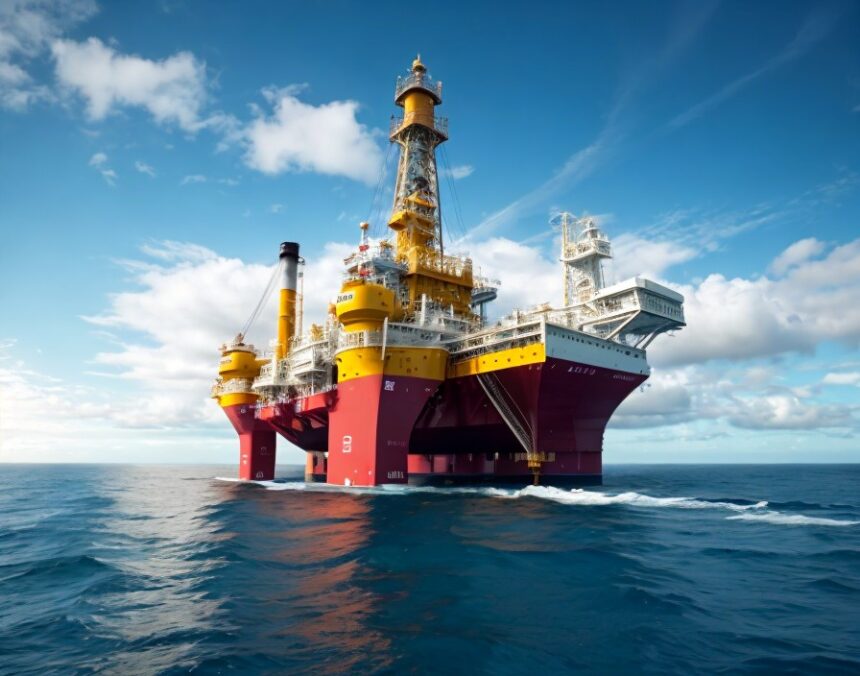The offshore oil and gas industry involves the exploration, extraction, and processing of hydrocarbon resources beneath the ocean floor. This sector is a critical component of the global energy system, supplying a substantial portion of the oil and natural gas consumed worldwide. Offshore operations are inherently more complicated and technically challenging than onshore activities due to the remote and harsh environments in which they are conducted. Exploration activities in the offshore industry utilize advanced technology, such as seismic surveys and satellite data, to identify potential oil and gas reserves under the seabed. Once promising sites are found, exploratory drilling is undertaken to assess the viability of reservoirs.
Similar to onshore exploration, the decision to proceed to development and production depends on the quantity and quality of the reserves discovered. Developing offshore oil and gas fields requires significant capital investment. Infrastructure such as platforms, subsea systems, and pipelines must be constructed to enable extraction and transportation of hydrocarbons. There are various types of offshore platforms, including fixed platforms, compliant towers, semi-submersible platforms, and floating production systems, each suited to different water depths and environmental conditions. The production phase involves extracting oil and gas from beneath the seabed and processing it to remove water and other impurities before transporting it to shore via pipelines or tanker ships. Offshore production is particularly challenging due to factors like deepwater operations, extreme weather conditions, and the need to minimize environmental impacts. Offshore operations are subject to rigorous safety and environmental regulations. The industry has faced increased scrutiny following incidents such as the Deepwater Horizon oil spill in the Gulf of Mexico in 2010, which highlighted the potential risks associated with offshore drilling.
Companies must adopt stringent safety practices and emergency response strategies to protect workers, marine ecosystems, and coastal communities. Environmental concerns are a significant issue for the offshore oil and gas industry. Activities such as drilling and production can have impacts on marine life and habitats, and there is the potential for oil spills and other pollution incidents. As such, there is increasing pressure to implement more sustainable practices and reduce environmental footprints. The economic viability of offshore oil and gas projects is influenced by factors such as global oil prices, technological advancements, and regulatory changes. High development and operational costs mean that these projects are typically more sensitive to price fluctuations than their onshore counterparts. However, the increasing efficiency of offshore technologies and the discovery of new reserves continue to drive interest in offshore exploration and production. In conclusion, the offshore oil and gas industry is a vital part of the global energy landscape, facing unique technical, environmental, and regulatory challenges. As the world shifts towards more sustainable energy sources, the industry must continue to innovate and adapt to ensure its operations are safe, environmentally responsible, and economically viable.
